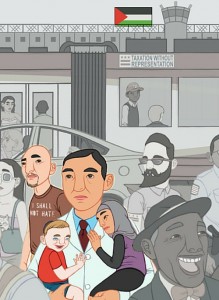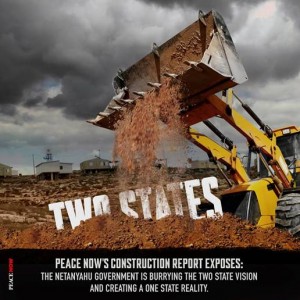By Lex Rofes
Two simple Hebrew words. I have heard them over and over again, from rabbis, Jewish educators, and lay-leaders. At my Jewish summer camp, we shouted it at the top of our lungs at the end of Bir’kat Hamazon every Shabbat. At a Reform congregation where I was a member, it was inscribed in huge letters on the synagogue’s ark.
Na’aseh V’nishma comes from this week’s Torah portion – Parashat Mishpatim. According to the most common interpretation of it (drawn from Pirkei d’Rabbi Eliezer among other sources), the sequence of the words is of the utmost importance. According to this school of thought, the best translation is really “We will accept [God’s commandments], and then we will understand.” The words indicate, in effect, that the Israelites will do whatever the Torah says – even though they don’t even know what that is yet. Many have lauded the Israelites’ behavior in this Mid’rash. That our ancestors were so willing to trust God, obeying a document they hadn’t even read yet, is, in their opinion, praiseworthy.
I can’t agree. The reason is that, in today’s world, injustice thrives. It runs rampant, in our own society and all around the world. That includes the West Bank and Gaza, under military occupation by the Israeli government for almost fifty years. Our relationship to this injustice – all injustice really – cannot be one of “we will accept it, and then we will understand.”



